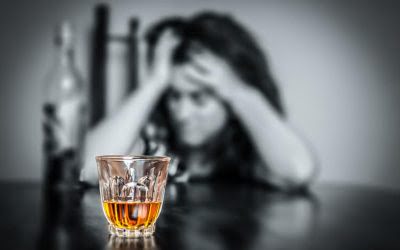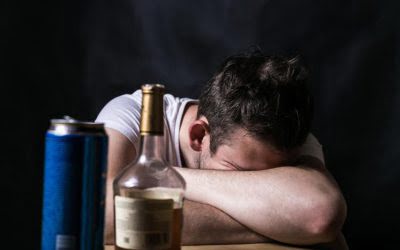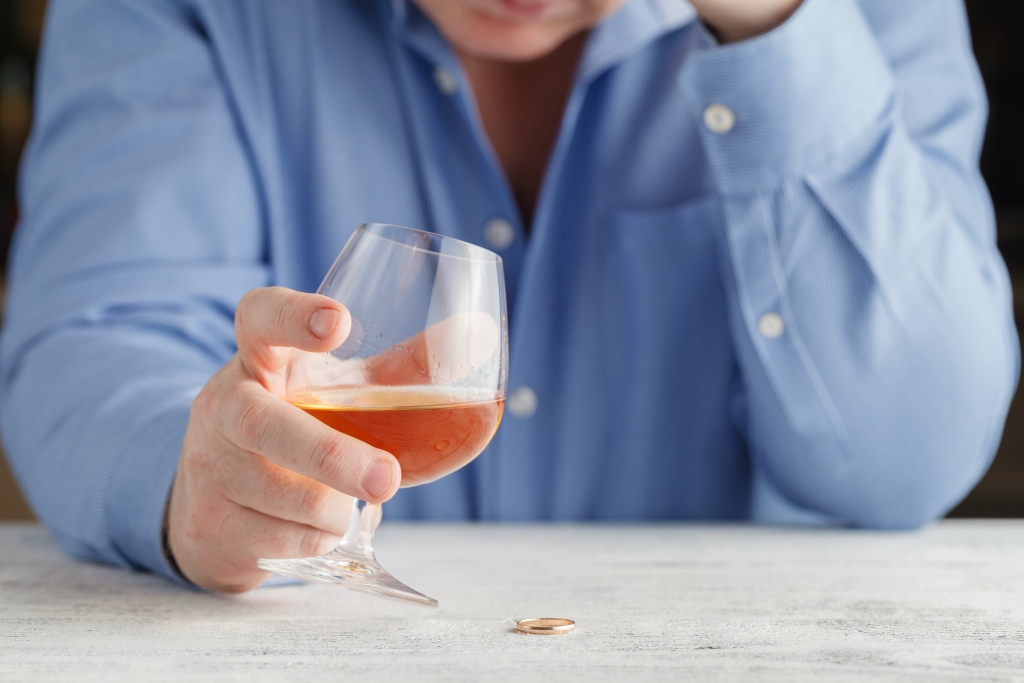Detox focuses on helping people to stop taking the addicting drug as quickly and as safely as possible. The more risk factors someone has, the more likely drug use will https://gabnicgroup.com/2022/03/21/celebrities-who-succumbed-to-overdose-arista/ result in addiction. Over the years, a person who occasionally drinks or uses drugs casually may develop a habit that can become an addiction. Like many chronic diseases, addiction doesn’t just develop in one day. This final stage circles back to the intoxication stage once a person uses drugs again. The addictive potential of some substances may be so strong that what seems to be an instant addiction may develop.
Triggers That Contribute to Addiction
Dr. Hoffman has successfully treated hundreds of patients battling addiction. Dr. Hoffman is the Co-Founder and Chief Medical Officer of AddictionHelp.com and ensures the website’s medical content and messaging quality. Tolerance occurs when the brain or body of an addict has changed in response to the substance, requiring higher amounts to achieve the same effect. The addiction cycle typically follows five distinct stages, from initial use to eventual dependency.
Importance of Prevention and Early Intervention

Understanding the stages of relapse—emotional, mental, and physical—and intervening early in the process enhances the chances of choose the correct cycle of addiction. successful recovery. Cognitive-behavioral therapy (CBT) is highlighted as an effective tool for modifying negative thought patterns that may lead to substance use. By recognizing warning signs and addressing underlying causes of relapse, individuals can fortify their defenses against the challenges of addiction.

Preventing Relapse
However, not everyone who experiments will continue to the next stages of addiction. It can depend on various factors, including personal vulnerability, environment, and the substance or behavior involved. It’s when a person first tries a substance or engages in a particular behavior (like gambling or excessive internet use). This often happens out of curiosity, to see what the experience is like. It can also be driven by peer pressure, where someone feels encouraged to fit in with a group, or as a way to cope with stress, emotions, or other challenges.
- But relapse does not equal failure; with the right addiction treatment programs, individuals can break this cycle of addiction.
- Addiction leads to harmful consequences and lasting brain changes, setting it apart from other substance misuse.
- After a period of abstinence or reduced use, intense cravings, stress, or exposure to triggers (like certain environments or emotions) can lead to a relapse.
- Regular use doesn’t necessarily mean daily use; it could mean using on weekends, during social events, or as a regular part of their routine.
- Our representatives can answer your questions and guide you toward treatment in your area.
- Open discussions on addiction, especially with children, can teach the realities of substance use.
- This stage can bring about strong feelings of guilt, shame, or hopelessness, which might make the person feel like giving up on recovery.
- Tolerance occurs when the brain becomes accustomed to the increased dopamine levels caused by drug use.
- People in stage five may show signs of addiction in other areas of life, like having financial issues, losing their job, and having trouble with their relationships.
- Whether you are struggling with addiction, mental health or both, our expert team is here to guide you every step of the way.
Withdrawals from different categories of drugs produce various side drug addiction treatment effects and require separate approaches. However, many need admission to a hospital or a residential treatment center. Copyright © 2025, AddictionHelp.com The information provided by AddictionHelp.com is not a substitute for professional medical advice. View our editorial content guidelines to learn how we create helpful content with integrity and compassion. In addition to managing a successful family medical practice, Dr. Hoffman is board certified in addiction medicine by the American Osteopathic Academy of Addiction Medicine (AOAAM).

This understanding can help tailor interventions that target the specific physiological adaptations unique to each individual’s experience with addiction. However, various treatment options are available to help people on the path to recovery from substance use disorders. A robust support system is an integral part of the recovery process for individuals overcoming addiction. It includes a network of family, friends, support groups, and healthcare professionals that provide emotional, social, and sometimes financial support. Engaging with people who understand the challenges of recovery can significantly enhance the likelihood of sustained sobriety and overall well-being.
